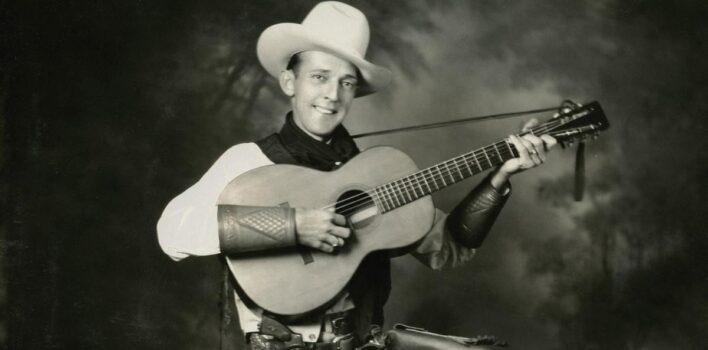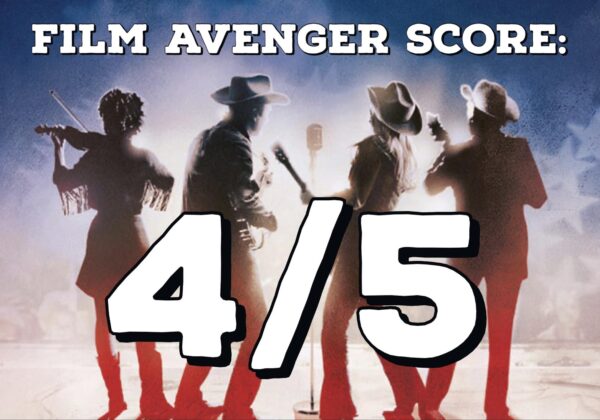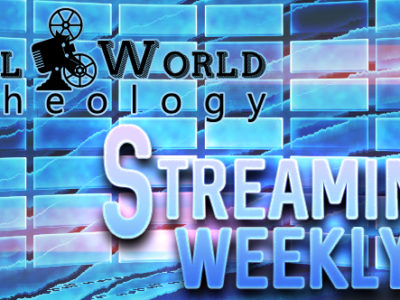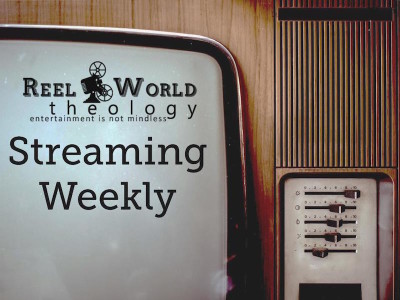Humanity in Song: Ken Burns’ Country Music
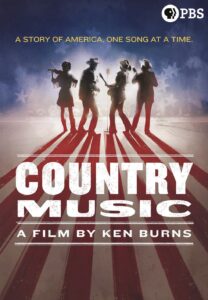 I have been a big fan of documentarian Ken Burns for most of my life, and I credit some of his seminal works like The Civil War for getting me deeply interested in history. When Burns recounts straight history, without any kind of personal slant or agenda, he’s the best in the genre. His documentaries are long endeavors to be sure, but one feels closer to history after viewing them.
I have been a big fan of documentarian Ken Burns for most of my life, and I credit some of his seminal works like The Civil War for getting me deeply interested in history. When Burns recounts straight history, without any kind of personal slant or agenda, he’s the best in the genre. His documentaries are long endeavors to be sure, but one feels closer to history after viewing them.
I’m happy to report that Country Music, Burns’ latest multi-hour documentary film, was indeed Burns at his best and was, therefore, one of his best works in recent years—and became one of my favorite films of 2019.
Like the music that it celebrated, Country Music was a simple story told in the most sincere way possible—highlighting the origins, highs, and lows of the industry and its artists and impresarios. There was laughter, tears, and lots of great stories about how this truly American art form has evolved over the course of a century. But the film’s greatest strength was highlighting country music’s greatest asset: its humanity.
The Good: An Excellent History
For someone who had only a passing interest in country music, this film really opened my eyes to the depth and breadth of the genre’s story, how there is more substance to it than I had previously realized, and how the musical advances made with country music propelled the entire music industry. Explaining the evolving mechanics of the music was also insightful and gave this non-musical person a good grasp on the importance of each innovation.
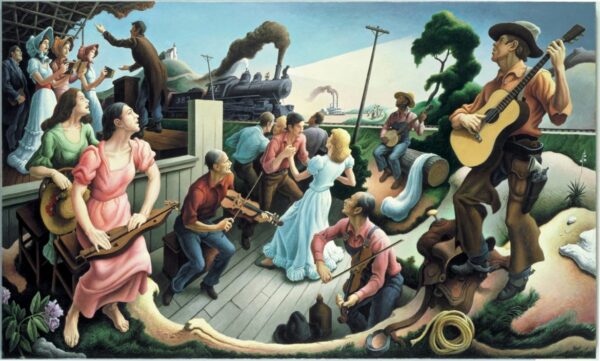
All in all, the story was a mirror of the American story itself. The music had many origins and influences, with new influences and styles being added constantly to this day—forming an entirely new creation from all these varied sources. It was absolutely fascinating.
As with most of his documentaries, the way Ken Burns told the story of country music was ingenious. Going through semi-chronologically, Burns and writer Dayton Duncan focused on several of the genre’s giants and innovators (such as Johnny Cash, Dolly Parton, Hank Williams, Loretta Lynn, etc.) and followed them through their careers—jumping back and forth with them through the timeline like a puddle-jumper visiting islands in an archipelago. Everything seemed to flow effortlessly and it endeared me to these characters. I wanted to know what happened to them next.
I was also impressed with the interviewees Burns sat down with. They were, for the most part, the actual musicians, producers, and engineers who made the music. The historians and intellectuals interviewed gave exceptional historical context and setup, but it was hearing from the people who actually lived the story that made the film so engaging.
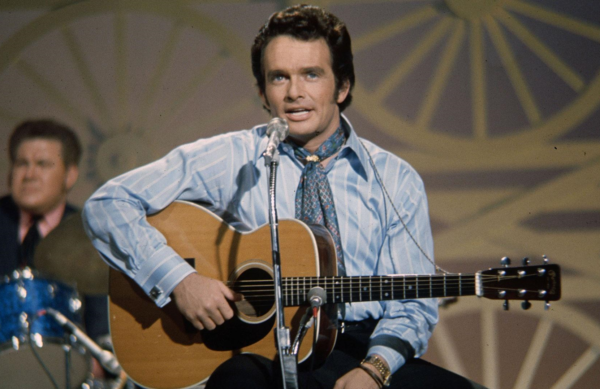
I’m also glad that Burns interviewed several of these artists when he did, as luminaries like Merle Haggard and Roy Clark passed away during production. In fact, I have to admit that there were so many that had passed that there came a point during my viewing time that I played a morbid game with Google to see which ones were still alive! Putting all these stories down on film was a boon for the historical record.
Country Music is an excellent companion piece to another wonderful music-themed Ken Burns docuseries, Jazz. Both films are about unique American forms of music that only could have come from America—reflecting different cultural histories and stories in their origins. The key with both was innovation and soul—creating new ways to express music but having it come from a place deep within ourselves. Such advances hadn’t really happened since the era of classical music.
The Bad: An Arbitrary Ending
For all of its wonderful storytelling, Country Music was surprisingly incomplete. Ken Burns made the creative decision to end his documentary in 1996 (though he did slightly extend into 2003 to cover the death of Johnny Cash). He had his reasons, but I don’t find any of them compelling. In fact, based on Burns’ explanation, one could argue this arbitrary ending as being an act of narrative cowardice.

There have been so many interesting and important milestones in country music in the almost 25-year gap that Burns chose to omit—chief amongst them is the continuous integration of country music into the mainstream pop charts with artists like Taylor Swift, Florida Georgia Line, and Little Big Town. These new artists could have been interviewed and reflected on how the legacy of all the people who came before them has impacted their music and career. I could understand if the film’d timeline ended within that last five years, but over two decades was far too long of a time to skip.
I’m probably beating a dead horse mentioning this (intentional cowboy joke), as I have mentioned it in all of my reviews of Burns’ recent endeavors. But with Country Music, Peter Coyote has continued his streak of being the worst narrator of Burns’ documentaries. As before, Coyote was uninteresting, flat, and lifeless in his delivery. The contrast was clearly felt whenever one of the more exuberant interviewees came either immediately before or after Coyote’s narration.
The film would have been so much better without Coyote bringing the enthusiasm quotient down. It would have been wiser, both auditorily and creatively, to have someone who was actually involved in the country music industry to narrate the film. Knowing how many great singers there are in the industry, I’m sure at least one of them has a melodious speaking voice.
“Three Chords and the Truth”
In the 1950s, Harlan Howard, writer of such country classics as Patsy Cline’s “I Fall to Pieces,” was asked what elements made a good country song. Much like the music he played, his reply was simple and to-the-point: “Three chords and the truth.”
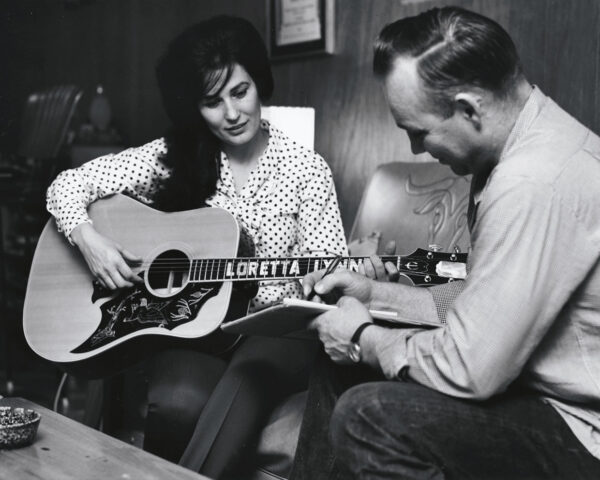
Simplicity and sincerity are indeed two of the key elements of country. Some dismiss country music for this simplicity, but that might be short-sighted. After all, the truth can be surprisingly simple.
“The songs were just life. Either I’ve seen it or I’ve lived it. And I never told my husband which one was which.” Loretta Lynn
Country music, and most music generally, is about human emotions—everyone’s stories of being human are right up there on the stage or on the recording.
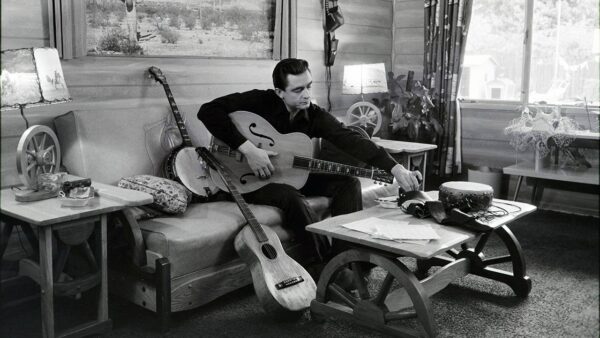
The people that made country music were just that—people. They were flawed and imperfect. Some were drunks, drug addicts, criminals, adulterers, skinflints, and charlatans. Some were haunted by their demons until they met an early, tragic end. Roseanne Cash, the daughter of Johnny Cash, said in the film that her father worked out all his personal demons on the stage in his music.
The music was a confession tool for these artists.
My heart, O God, is steadfast, my heart is steadfast; I will sing and make music. Awake, my soul! Awake harp and lyre! I will awaken the dawn.
—Psalm 57:7-8
Using music as a way to work out one’s demons goes all the way back to the very beginnings of humanity. There’s something within music that the Lord imbued that makes it an ideal outlet for our emotions, which rings true for creative outlets generally. The Book of Psalms is a collection of songs written by King David to express his emotions to and about God. He would sing praises to the Lord, but he also used this music to lament his sinful nature and ask God for forgiveness.
In the psalmic tradition, country music is highly relatable because we all have demons and sin patterns that we struggle with every day—sins (or at the very least the feelings that accompany them) that are often described in a country music song. We can put ourselves into those situations told in song, however outlandish they may be, because the people being sung about are fallible human beings like we are. We may sympathize, scorn, weep, empathize, and even laugh at their situation, but there’s always an emotional reaction.
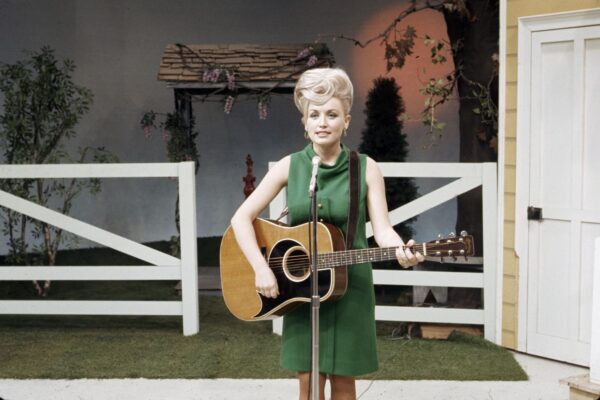
However, in the midst of the sin, sorrow, and turmoil found in its lyrics, country music also tells stories of hope and redemption. Things may not get better immediately, but there is a feeling that life can go on, or that there is something beyond this world for human beings to put their hope into. This is no doubt tied to country’s close ties to gospel music in its origins.
I wandered so aimless, life filled with sin.
I wouldn’t let my dear Savior in.
Then Jesus came like a stranger in the night.
Praise the Lord! I saw the light.—Hank Williams
The Bible does teach about man’s sinful nature and fall from grace. No one, wrote David in the Psalms, is good—not even one (Psalm 53:3). We have all sinned and rebelled against our Creator, deserving of eternity away from Him and all that is good. And that is a situation that is far worse than losing a lover, wrecking a pick-up truck, or any other worldly problem outlined in country music. It is an issue we can all definitely relate to.
But the Bible also promises reconciliation with God. We need only put our faith in Jesus Christ, who took on the world’s sin and died for our redemption. Like the songs of country music, it doesn’t mean that everything is instantly fixed and we won’t have trouble following Jesus through life. But we can sing and praise Him through that trouble, remaining always joyful in song and spirit. We live because Christ lives in us and He will guide our steps.
Many of country music’s most famous stars found refuge in the salvation of Jesus Christ and turned their sinful lives around. And some even wrote songs about their journey—Johnny Cash and Hank Williams being two prime examples. No one is beyond God’s reach and the healing power of Christ can turn around even the darkest of paths.
The Last Word
Ken Burns’ Country Music was one of his finest documentary works to date. Full of wonderful history expertly told, the film was a celebration of a true American art form—one that has had a surprising amount of evolution, reinvention, and almost continuous change…much like the country that made it.
Country music highlights the humanity in all of us—warts and all. The stories told in song reflect the sinful nature of people. But God loves us in spite of those sins and built a way for us to be reconciled back to Him through His Son. Jesus said that we would have trouble in the world, but we should be always joyful, for He has conquered the world.


